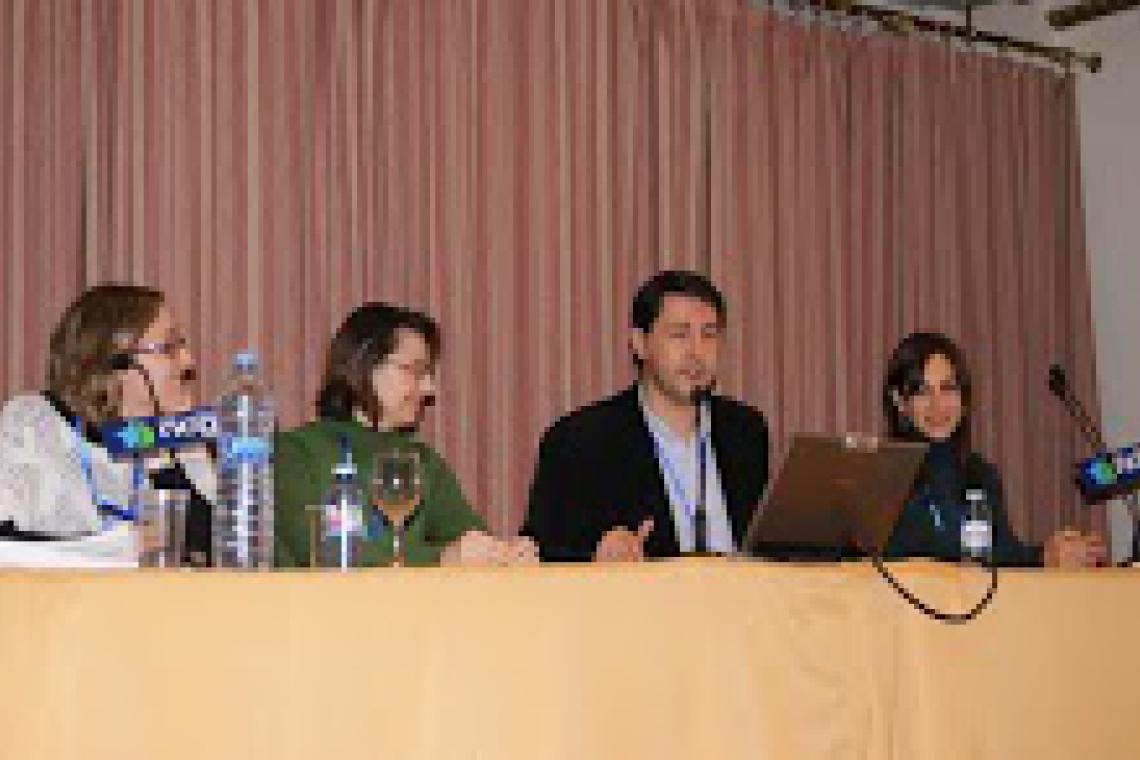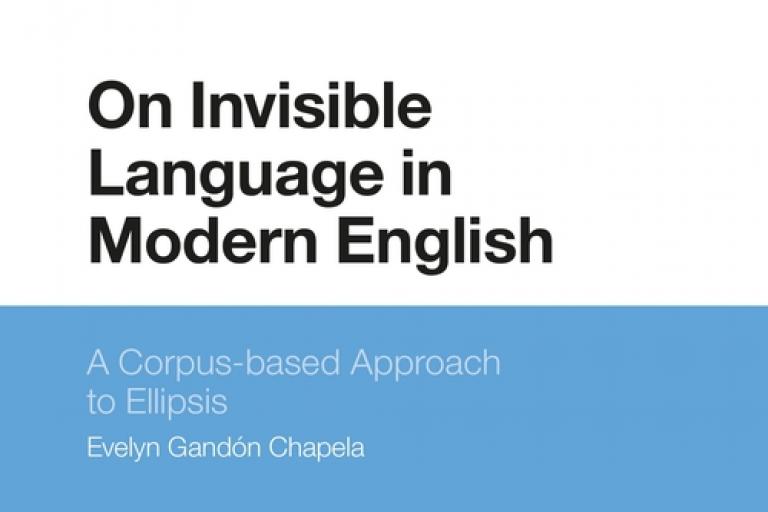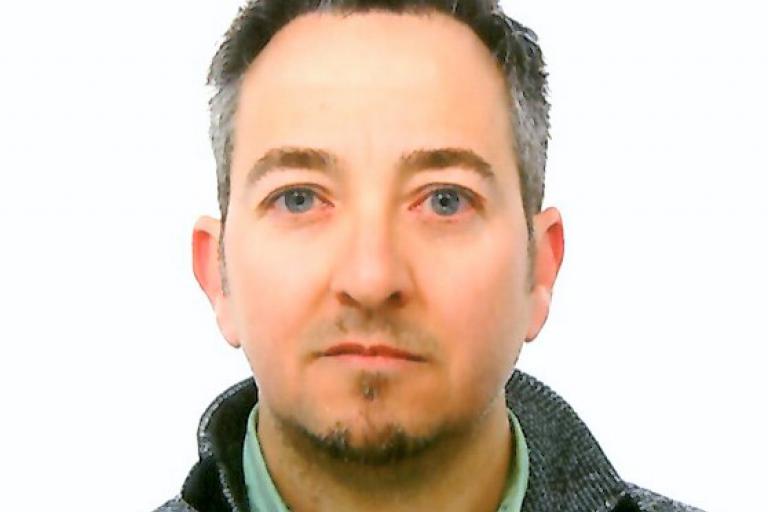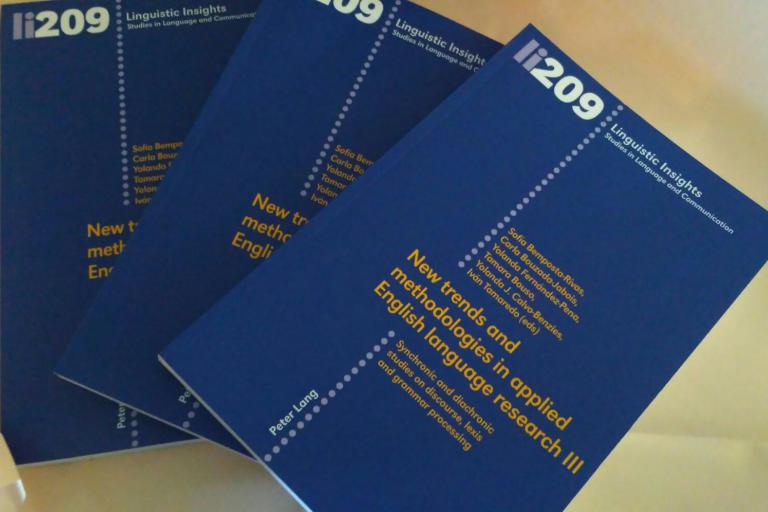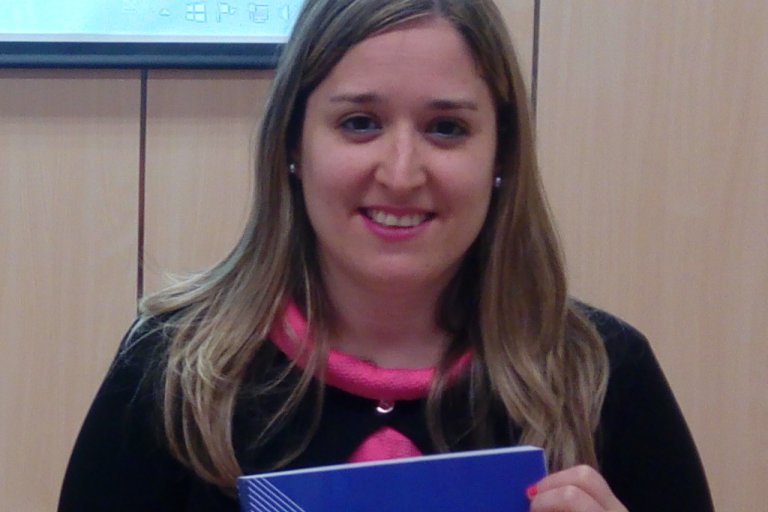The LVTC Research Group had the pleasure to host the International Workshop 'ELLIPSIS2012: crosslinguistic, formal, semantic, discoursive and processing perspectives' in Vigo on 09-10 November 2012.
Outline of the workshop
The aim of this workshop was to bring together researchers who were currently looking at ellipsis from different points of view: formal, semantic, discoursive and processing. The goal was to discuss what should be explained by a theory of ellipsis in light of the assumptions of specific frameworks. It provided a discussion forum for researchers from different (sub-)disciplines whose main objective was to describe the characteristics of the different ellipsis types, the natural language processing of ellipsis, the structural representation of the different ellipsis types and their constituents, and to explore the implications of particular theoretical frameworks for the structure of elided elements The workshop was organized into four plenary lectures, fifteen presentations and a poster session. The workshop was honoured with the participation of the following internationally recognised experts on ellipsis:
- Dr. Lobke Aelbrecht (University of Ghent, Belgium), who delivered a speech on "What ellipsis can do for phases and what it can't, but not how"
- Prof. Gerard Kempen (Max Planck Institute for Psycholinguistics, Leiden University, Holland), on "A neurocognitive model of elliptical grammatical encoding and decoding: The case of clausal coordinate ellipsis"
- Prof. Maribel Romero (University of Konstanz), on "Modal Superlatives and Ellipsis"
- Prof. Jason Merchant (University of Chicago, USA), on "'Deep' and 'surface' anaphora, again".
With over 50 participants coming from all over the world and 21 presentations, including papers, plenary lectures and posters, the workshop programme triggered discussion about new trends and lines of investigation and data analysis on ellipsis, analyzing this syntactic phenomenon from different angles such as semantics, psycholinguistics and syntax.

